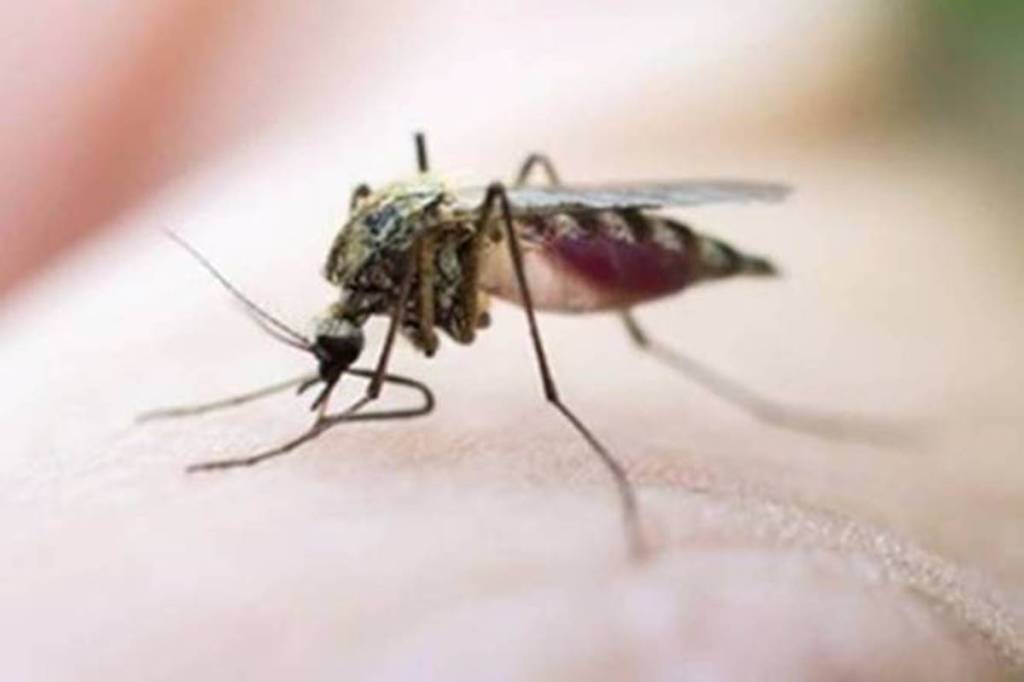Vaccine-research has had to focus on Covid-19, for obvious reasons—to stellar ends, that too, with many strong vaccine candidates emerging from all corners of the world, including, most recently, from Cuba. This has also been a remarkable year in terms of vaccine breakthroughs for killer diseases.
In February, IAVI and Scripps Research Institute had announced encouraging results from a small trial of a vaccine against HIV that is based on the ‘germline targeting’ approach. Now, a vaccine with 77% effectiveness over one year could help deliver the world, especially developing nations, from a dreaded child-killer: malaria.
In a trial involving 450 children aged 5-17 months, Nature reports, R21 demonstrated effectiveness level that clear the WHO target of 75%. The earlier candidate could deliver only a 56% effectiveness.
While Covid-19 elicited corporate interest and vaccines were out within a year, the fact is that endemic malaria, being primarily an affliction of low/low-middle income nations, hasn’t received enough research funding; this, and the fact that the malaria pathogen is particularly hard to control via vaccines given its tendency to mutate and generate newer proteins, has meant the WHO effectiveness target had not been met so far, even after nearly half a century of efforts.
With the latest development, countries like India that have a significant malaria burden—it accounts for three-fifths of all the cases in the WHO South Asia region, even though it has managed to bring incidence and deaths down by over 70% between 2000 and 2019—could have some relief.


